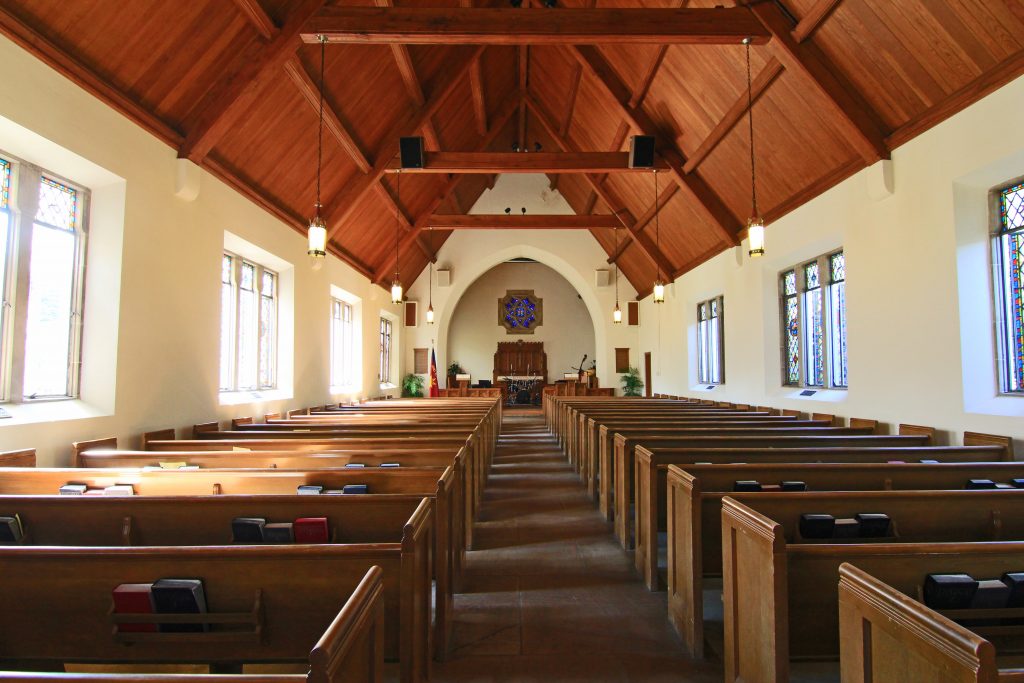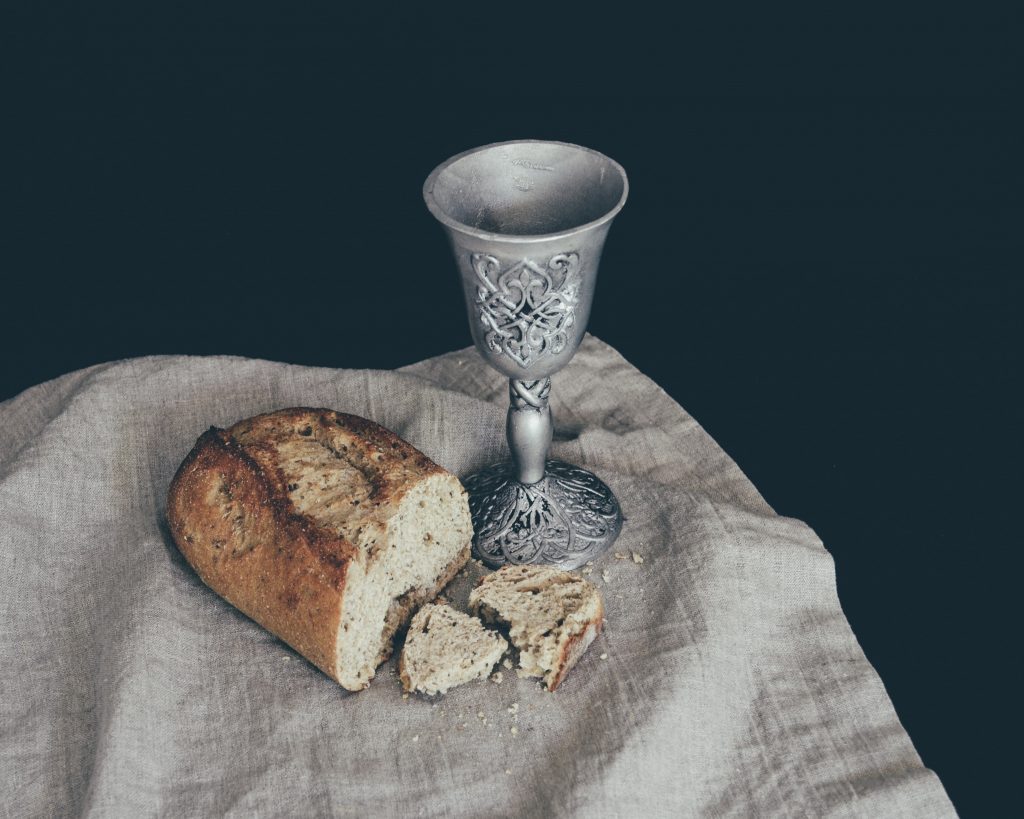In this article, you will learn about the concept of a prenuptial agreement within the Methodist Church. We will discuss the purpose and benefits of having a prenuptial agreement, as well as any specific considerations that may arise within the context of the church. By the end of this article, you will have a better understanding of how a prenuptial agreement can be utilized within the Methodist Church and the process for obtaining one.
Prenuptial Agreement Methodist Church
What is a prenuptial agreement?
Definition of a prenuptial agreement
A prenuptial agreement, commonly known as a “prenup,” is a legal contract entered into by a couple before they get married or enter into a civil partnership. It outlines the rights and responsibilities of each party in the event of a divorce or separation. This agreement allows the couple to decide on the division of assets, spousal support, and other financial matters without intervention from the court.
Purpose of a prenuptial agreement
The primary purpose of a prenuptial agreement is to protect the interests of both parties involved in a marriage or civil partnership. It provides clarity and security by establishing guidelines for the distribution of assets and financial responsibilities should the relationship come to an end. By setting out these agreements in advance, couples can minimize potential conflicts and avoid lengthy legal battles in the future.
Understanding the Methodist Church’s stance on prenuptial agreements
History of the Methodist Church’s position on prenuptial agreements
The Methodist Church does not have an official stance on prenuptial agreements. As a religious institution, its focus is primarily on matters of faith and spirituality rather than legal or financial arrangements. However, many Methodist clergy members provide guidance to couples considering a prenuptial agreement, emphasizing the importance of open communication, trust, and mutual understanding.
Current teachings and beliefs on prenuptial agreements
While the Methodist Church does not explicitly endorse or condemn prenuptial agreements, it encourages couples to approach marriage with a strong sense of commitment and shared responsibility. The Church promotes open dialogue, particularly in matters of finance, to ensure transparency and honesty within the relationship. Clergy members often provide pre-marital counseling to help couples navigate potential challenges and make informed decisions about their future together.

This image is property of images.unsplash.com.
Prenuptial Agreement Methodist Church
Legal requirements for a prenuptial agreement in the Methodist Church
Legal validity of prenuptial agreements in the Methodist Church
In legal terms, prenuptial agreements are recognized and enforceable in many jurisdictions, including those where the Methodist Church operates. However, it is important to note that the legal validity of a prenuptial agreement can vary based on several factors, such as state laws, the circumstances under which it was drafted, and the fairness of its provisions.
Conditions and criteria for enforceability
To ensure the enforceability of a prenuptial agreement, certain conditions must be met. These include:
- Full and fair disclosure: Both parties must provide complete and accurate information about their financial situations, assets, debts, and income.
- Voluntary agreement: The agreement must be entered into willingly by both parties without any coercion or fraud.
- Independent legal advice: It is advisable for each party to seek independent legal counsel to understand their rights and obligations before signing the agreement.
- Fairness of the provisions: The agreement should not be heavily biased in favor of one party at the expense of the other. Courts may refuse to enforce agreements deemed unconscionable or overly one-sided.
Key provisions to include in a prenuptial agreement within the Methodist Church
Financial provisions
A prenuptial agreement within the Methodist Church should typically address financial matters such as the division of property, assets, and debts. This may include outlining the allocation of shared bank accounts, investments, real estate, and other valuable possessions.
Children and custody arrangements
Although a prenuptial agreement cannot determine child custody arrangements, it can address financial support and visitation rights in the event of a divorce or separation. These provisions, however, are subject to review by the court, which prioritizes the best interests of the child.
Property distribution and division of assets
A prenuptial agreement can specify how property acquired during the marriage or civil partnership will be divided if the relationship ends. This provision can help protect individual assets and ensure a fair distribution of jointly acquired property.
Alimony and spousal support
Prenuptial agreements within the Methodist Church can also address the issue of alimony or spousal support. These provisions establish the amount and duration of financial support one party may receive from the other after the dissolution of the marriage. However, it is important to comply with legal requirements and fairness standards to ensure enforceability.

This image is property of images.unsplash.com.
The role of clergy in prenuptial agreements within the Methodist Church
Clergy’s involvement and guidance in prenuptial agreements
Methodist clergy members often play an important role in guiding couples considering a prenuptial agreement. They encourage open and honest conversations about financial matters, emphasizing the significance of communication, trust, and mutual respect within the relationship. Clergy may also provide spiritual guidance, helping couples navigate potential challenges and ethical considerations associated with prenuptial agreements.
Religious counseling and mediation services
In addition to their pastoral roles, Methodist clergy members may offer religious counseling and mediation services to couples considering or preparing for a prenuptial agreement. These services provide an opportunity for couples to discuss their concerns, fears, and expectations in a confidential and supportive environment. Mediation can help facilitate constructive conversations regarding the terms of the agreement and foster a better understanding between the parties involved.
Benefits and drawbacks of a prenuptial agreement within the Methodist Church
Advantages of having a prenuptial agreement
- Protection of individual assets: A prenuptial agreement allows each party to safeguard their personal assets and financial interests, providing peace of mind.
- Clear guidelines for property division: By establishing guidelines for the division of assets, a prenuptial agreement can help minimize conflicts and potential disputes in the event of a divorce.
- Financial transparency and open communication: The process of drafting a prenuptial agreement encourages couples to have open and honest conversations about their financial expectations and goals.
- Potential cost and time savings: A well-drafted prenuptial agreement can potentially save both parties significant time and money by avoiding lengthy and contentious legal battles.
Disadvantages and potential challenges
- Emotional considerations: Discussing and preparing a prenuptial agreement can be emotionally challenging, as it may raise concerns about trust and commitment within the relationship.
- Complex legal requirements: Prenuptial agreements must meet various legal standards to be enforceable, including full financial disclosure and fairness of provisions.
- Limited flexibility: A prenuptial agreement is binding and may restrict the rights and options of both parties in the event of a divorce or separation.
- Potential strain on the relationship: The process of negotiating and finalizing a prenuptial agreement may create tension and strain within the relationship, requiring careful communication and understanding.

This image is property of images.unsplash.com.
Steps to take when drafting a prenuptial agreement within the Methodist Church
Finding a Methodist Church lawyer
When considering a prenuptial agreement within the Methodist Church, it is advisable to seek legal advice from a lawyer familiar with family law and the specific laws of the jurisdiction in which you reside. A Methodist Church lawyer can provide guidance on the legal requirements, assist in drafting the agreement, and ensure compliance with both legal and ethical considerations.
Gathering necessary financial information
Before drafting a prenuptial agreement, both parties should gather and disclose all relevant financial information. This includes assets, debts, income, and any other financial obligations. Full disclosure allows for a fair and accurate assessment of each party’s financial situation and helps avoid potential disputes in the future.
Negotiating and finalizing the agreement
The negotiation process of a prenuptial agreement requires open and honest communication between the parties involved. Each person’s interests and concerns should be carefully considered and addressed in the agreement. Once the terms have been agreed upon, the agreement should be reviewed, finalized, and signed by all parties involved with the guidance of legal counsel.
Enforcing a prenuptial agreement in the Methodist Church
Methods of enforcing a prenuptial agreement
To enforce a prenuptial agreement within the Methodist Church, both parties must adhere to its terms and provisions. In the event of a divorce or separation, the agreement can be presented to the court as evidence of the parties’ intentions and agreed-upon arrangements. However, it is important to note that courts have the discretionary power to review the fairness and applicability of the agreement based on the circumstances of the case.
Legal recourse in case of violation
If one party violates the terms of a prenuptial agreement, the other party may seek legal recourse through the court system. Depending on the nature of the violation, the court may enforce the agreement, modify certain provisions, or invalidate the agreement entirely. Legal advice should be sought promptly when facing such situations to ensure the best course of action.
Considerations before entering into a prenuptial agreement within the Methodist Church
Open communication with your partner
Before entering into a prenuptial agreement, it is crucial to have open and honest communication with your partner. Discuss your expectations, concerns, and goals for the future. By engaging in these conversations, you can better understand each other’s perspectives and make informed decisions.
Evaluation of individual and shared assets
Take the time to evaluate your individual and shared assets. Consider the value of your assets, debts, and personal wealth. This evaluation will help you determine what should be included in the prenuptial agreement and ensure that both parties have a clear understanding of their financial positions.
Anticipating potential changes in circumstances
While it is impossible to predict the future, it is essential to consider potential changes in circumstances. Discuss contingencies related to income, business ventures, career paths, and family planning. A prenuptial agreement can provide a framework to address these potential changes and minimize future conflicts.
Conclusion
In summary, a prenuptial agreement within the Methodist Church is a legal contract that outlines the rights and responsibilities of each party in the event of a divorce or separation. While the Methodist Church does not have an official stance on prenuptial agreements, clergy members often provide guidance and support to couples considering this option. When entering into a prenuptial agreement, it is essential to adhere to legal requirements, seek legal advice, and engage in open communication with your partner. Prenuptial agreements can offer protection, clarity, and peace of mind, but it is crucial to approach them with careful consideration and understanding. Seek guidance from a Methodist Church lawyer to ensure that your prenuptial agreement aligns with your values and meets legal standards.


